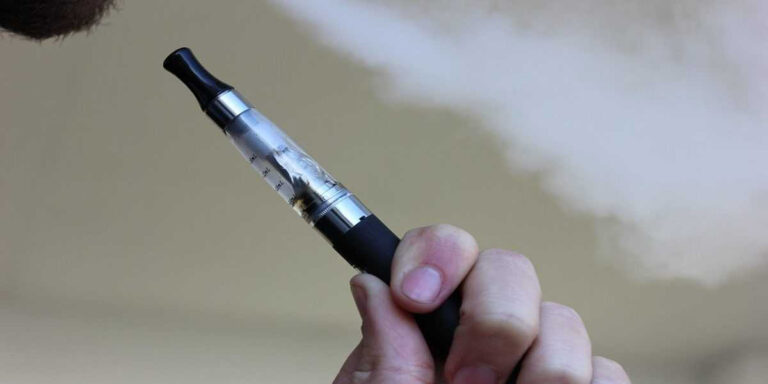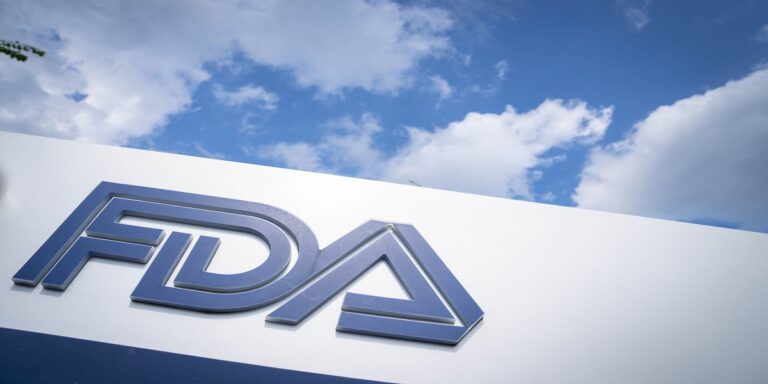In a significant legal victory for the e-cigarette industry, the U.S. Court of Appeals for the Fifth Circuit ruled on July 30, 2024, that the FDA’s marketing denial orders (MDOs) issued to several e-cigarette manufacturers were unlawful. This decision has far-reaching implications for the regulatory landscape of e-cigarettes in the United States, potentially reshaping how these products are evaluated and approved by the FDA.
The FDA’s Marketing Denial Orders and Legal Challenge
Background of the MDOs
The FDA issued marketing denial orders (MDOs) to several e-cigarette companies in August and September 2021. These denials were part of a broader crackdown following the September 2020 premarket tobacco product application (PMTA) submission deadline. The companies affected by these early denials included:
- SWT Global Supply, Incorporated
- Cloud House, L.L.C.
- Paradigm Distribution
- Vaporized, Incorporated
- SV Packaging, L.L.C.
The Lawsuits Against the FDA
In response to the MDOs, these five companies filed lawsuits in October 2021, challenging the FDA’s decisions. The plaintiffs argued that the FDA’s requirement for long-term clinical study data, announced in an August 26, 2021, press release, had not been explicitly communicated in prior guidance, thus lacking fair notice and reasonableness.
Consolidation and Stay of Enforcement
The court consolidated the cases and granted an unopposed stay of enforcement in November 2021, allowing the companies to continue marketing their products while awaiting judicial review.
Court’s Ruling and Reasoning
Reference to Previous Case Law
The court’s decision drew heavily from the precedent set in Wages & White Lion Investments, L.L.C. v. FDA (Triton Distribution). In that case, the court found that the FDA’s actions were unlawful due to the agency’s failure to clearly communicate the need for long-term clinical studies and its inadequate explanation for the change in stance when rejecting applications.
Lack of Clear Guidance
The Fifth Circuit Court noted that the FDA had not clearly required long-term clinical studies in its guidance over several years. This omission meant that the applicants, reasonably relying on previous guidelines, were unfairly penalized.
Unlawfulness of FDA’s Actions
Ultimately, the court ruled that the FDA’s denial of the e-cigarette product applications was unlawful. The MDOs were overturned, and the cases were remanded to the FDA for further review, emphasizing the need for the agency to provide clear and consistent guidance to manufacturers.
Implications for the E-Cigarette Industry
Significance of the Ruling
This landmark ruling is expected to have a profound impact on the e-cigarette industry. It challenges the FDA’s approach to regulating e-cigarette products and underscores the importance of transparency and fair notice in regulatory processes.
Potential for Further Legal Challenges
The ruling opens the door for other e-cigarette manufacturers who received MDOs to challenge these decisions in federal court. According to a recent PMTA review progress report, the FDA has issued MDOs for 46,000 e-cigarette products, many of which may now be subject to legal scrutiny.
Future of E-Cigarette Regulation
The decision highlights the need for the FDA to revisit its regulatory framework for e-cigarettes, ensuring that all requirements are clearly communicated and consistently applied. This could lead to more predictable and fairer regulatory processes, benefiting both manufacturers and consumers.
Conclusion
The U.S. Court of Appeals for the Fifth Circuit’s ruling on July 30, 2024, marks a significant turning point in the regulation of e-cigarettes in the United States. By overturning the FDA’s marketing denial orders and calling for clearer guidance, the court has set a precedent that will shape the future of the e-cigarette industry. This decision underscores the importance of transparency, fairness, and consistency in regulatory practices, ensuring that manufacturers are adequately informed of requirements and that consumer safety is upheld.
FAQs
What did the U.S. Court of Appeals rule regarding the FDA’s MDOs?
The court ruled that the FDA’s marketing denial orders were unlawful and remanded the cases back to the FDA for reconsideration.
Which companies were involved in the lawsuits against the FDA?
The companies involved were SWT Global Supply, Incorporated; Cloud House, L.L.C.; Paradigm Distribution; Vaporized, Incorporated; and SV Packaging, L.L.C.
What was the main argument of the plaintiffs in the lawsuits?
The plaintiffs argued that the FDA failed to provide fair notice of the requirement for long-term clinical study data and that its decisions lacked reasonableness and legality.
What precedent did the court reference in its ruling?
The court referenced the Wages & White Lion Investments, L.L.C. v. FDA (Triton Distribution) decision, which determined that the FDA’s actions were unlawful due to a lack of clear guidance.
How might this ruling impact other e-cigarette manufacturers?
The ruling may encourage other manufacturers who received MDOs to challenge these decisions in court, potentially leading to a broader review of the FDA’s regulatory practices.
What changes might the FDA need to make following this ruling?
The FDA may need to revise its regulatory framework to provide clearer, more consistent guidance and ensure that all requirements are adequately communicated to manufacturers.
References:
- [U.S. Food and Drug Administration (FDA)] – Official site for updates and information on FDA regulations and actions.
- [U.S. Court of Appeals for the Fifth Circuit] – Information on court decisions and legal precedents.
- [Wages & White Lion Investments, L.L.C. v. FDA Case] – Details on the precedent-setting case referenced in the ruling.
- [PMTA Review Process] – Information on the premarket tobacco product application process.


















